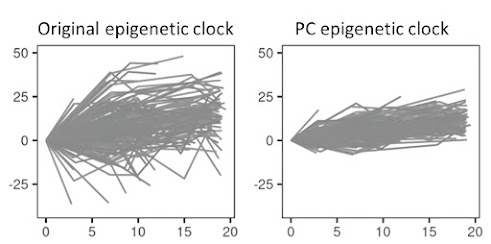 |
| Breadfruit on a tree on the island of St. Vincent and the Grenadines. Credit: Nyree Zerega/Northwestern University/Chicago Botanic Garden |
While researchers predict that climate change will have an adverse effect on most staple crops, including rice, corn and soybeans, a new Northwestern University study finds that breadfruit — a starchy tree fruit native to the Pacific islands — will be relatively unaffected.
Because breadfruit is resilient to predicted climate change and particularly well-suited to growing in areas that experience high levels of food insecurity, the Northwestern team believes breadfruit could be part of the solution to the worsening global hunger crisis.
The study was published today (Aug. 17) in the journal PLOS Climate.
“Breadfruit is a neglected and underutilized species that happens to be relatively resilient in our climate change projections,” said Northwestern’s Daniel Horton, a senior author on the study. “This is good news because several other staples that we rely on are not so resilient. In really hot conditions, some of those staple crops struggle and yields decrease. As we implement strategies to adapt to climate change, breadfruit should be considered in food security adaptation strategies.”
Horton is an assistant professor of Earth and planetary sciences in Northwestern’s Weinberg College of Arts and Sciences, where he leads the Climate Change Research Group. Lucy Yang, a former student in Horton’s laboratory, is the paper’s first author. For this study, Horton and Yang collaborated with breadfruit expert Nyree Zerega, director of the Program in Plant Biology and Conservation, a partnership between Northwestern and the Chicago Botanic Garden.
















.jpg)
